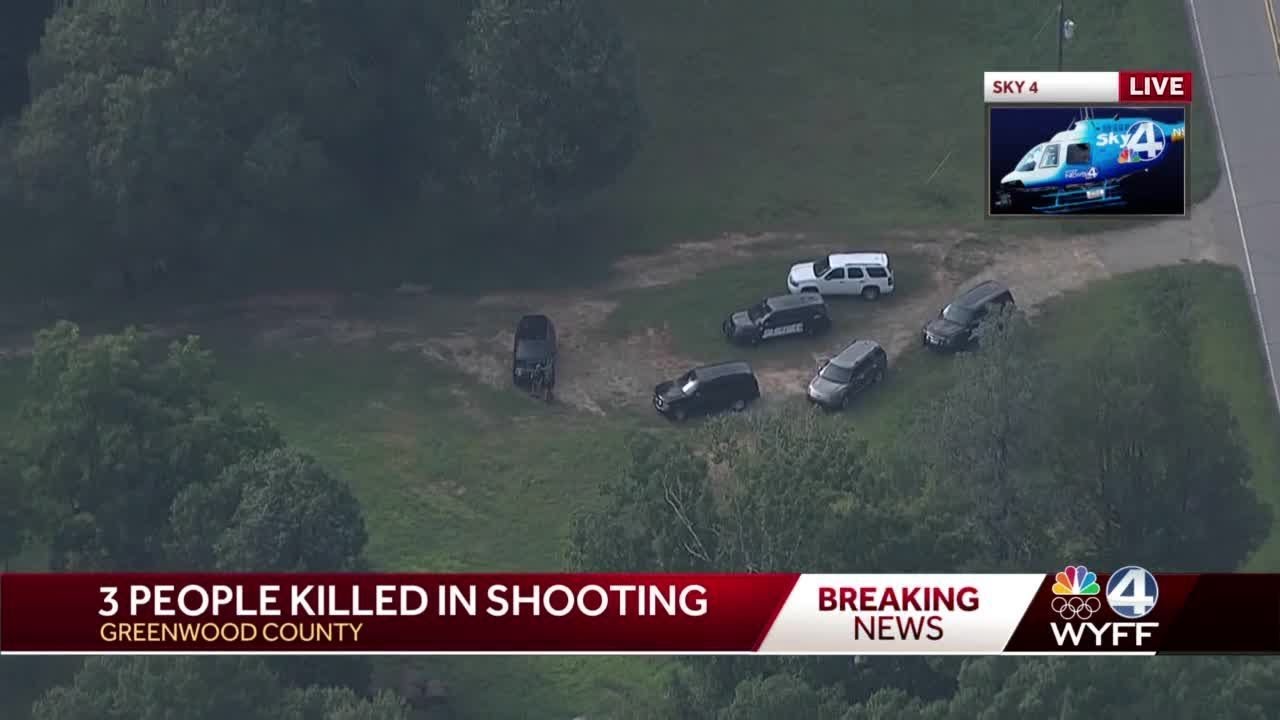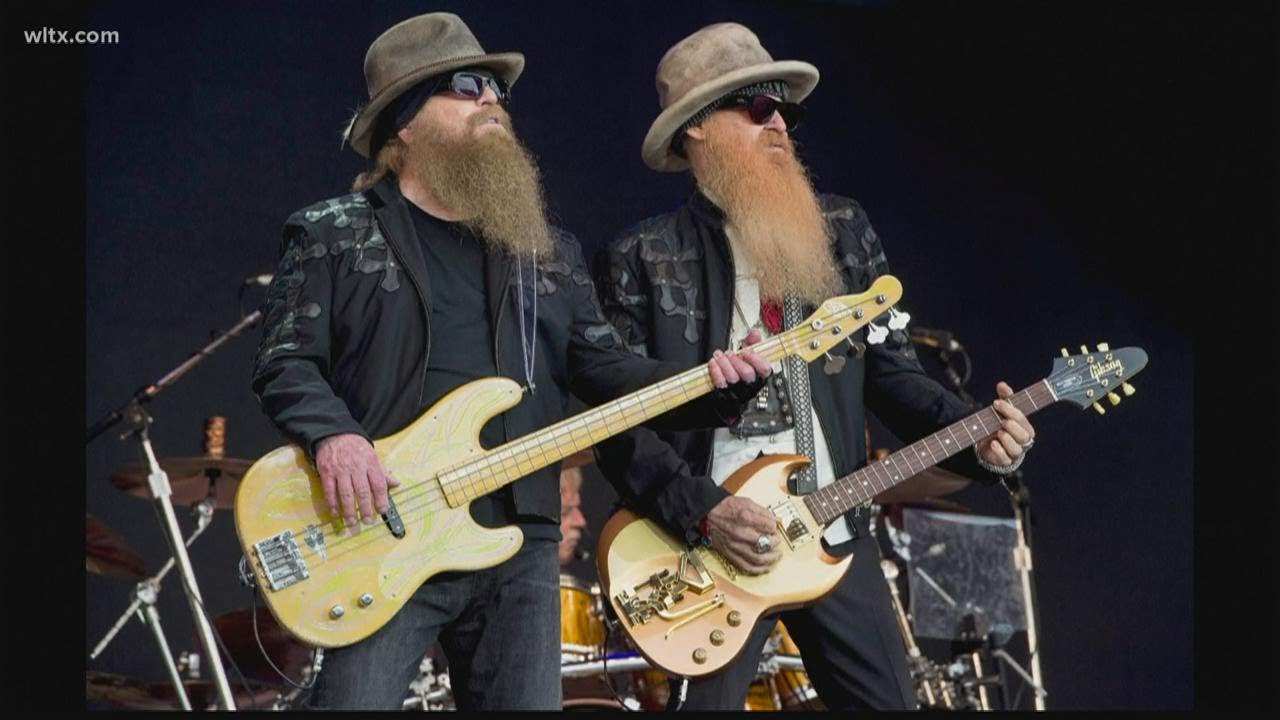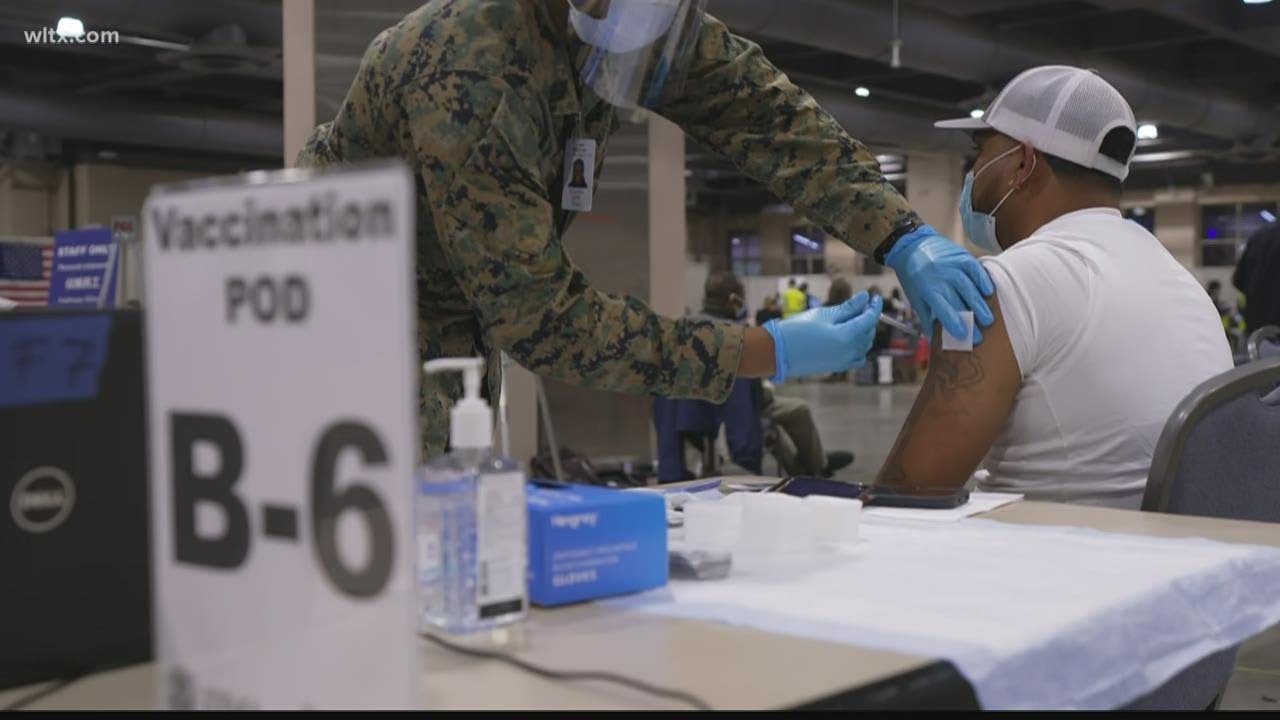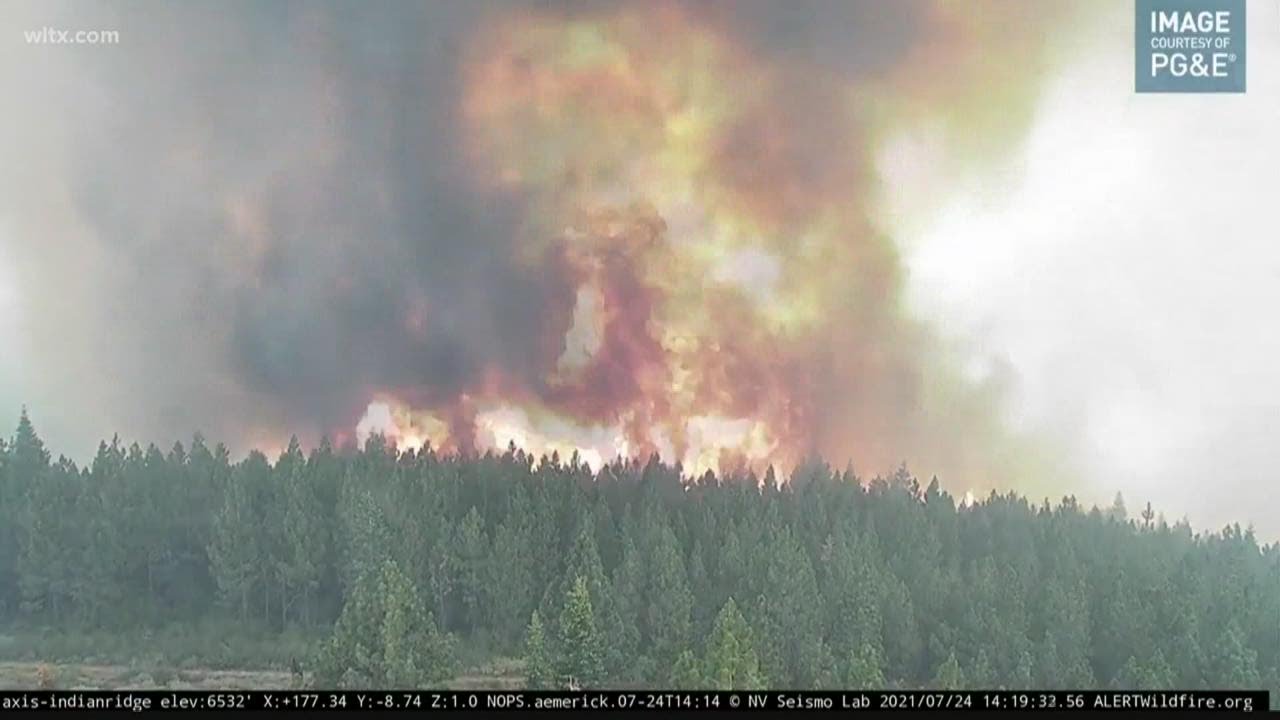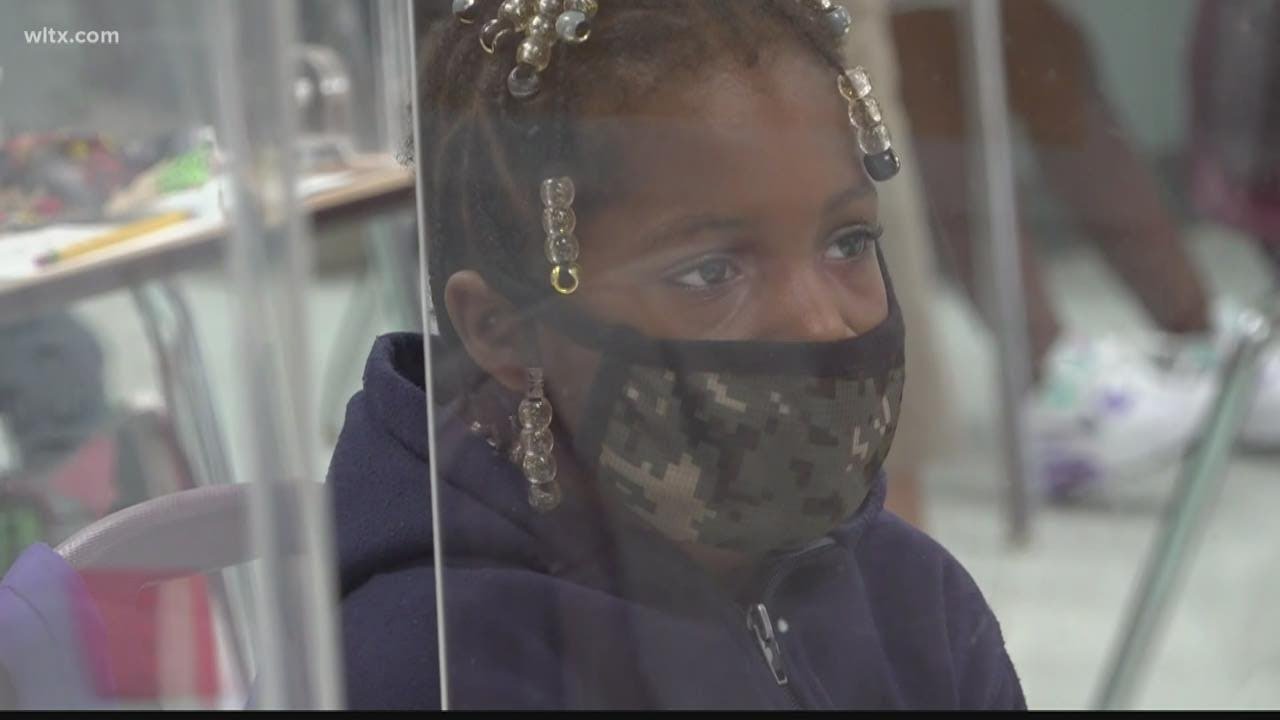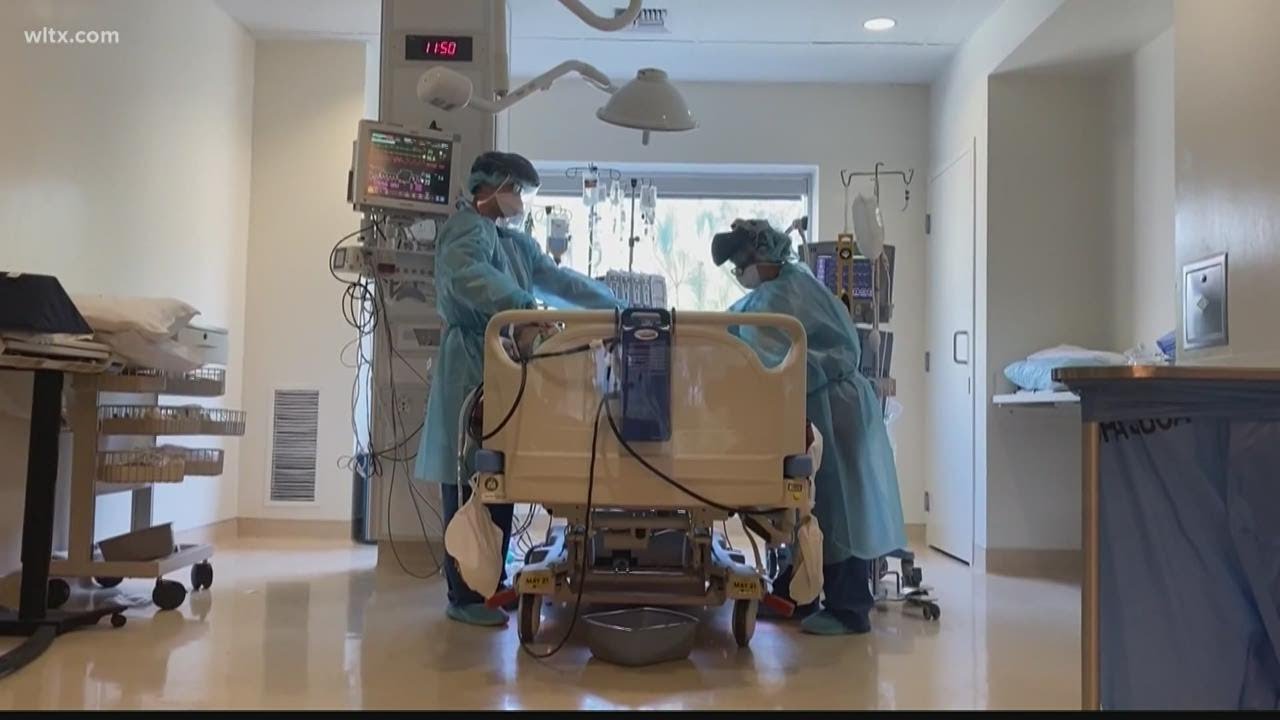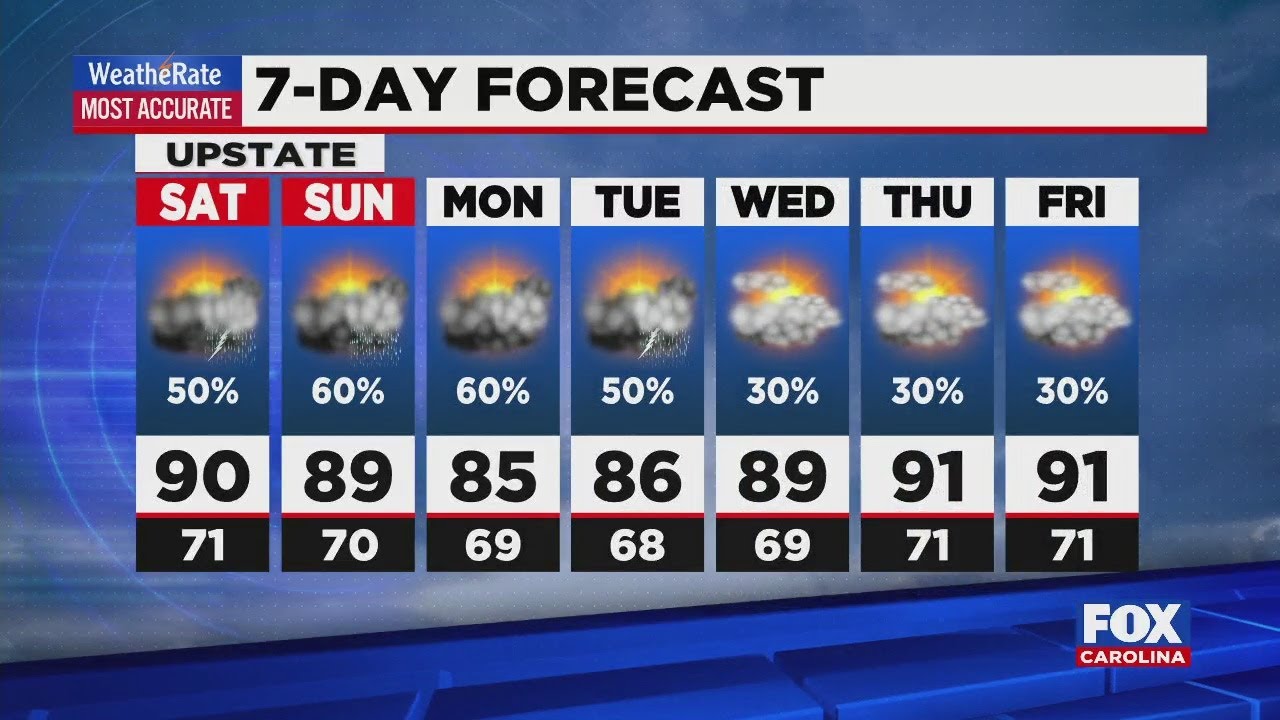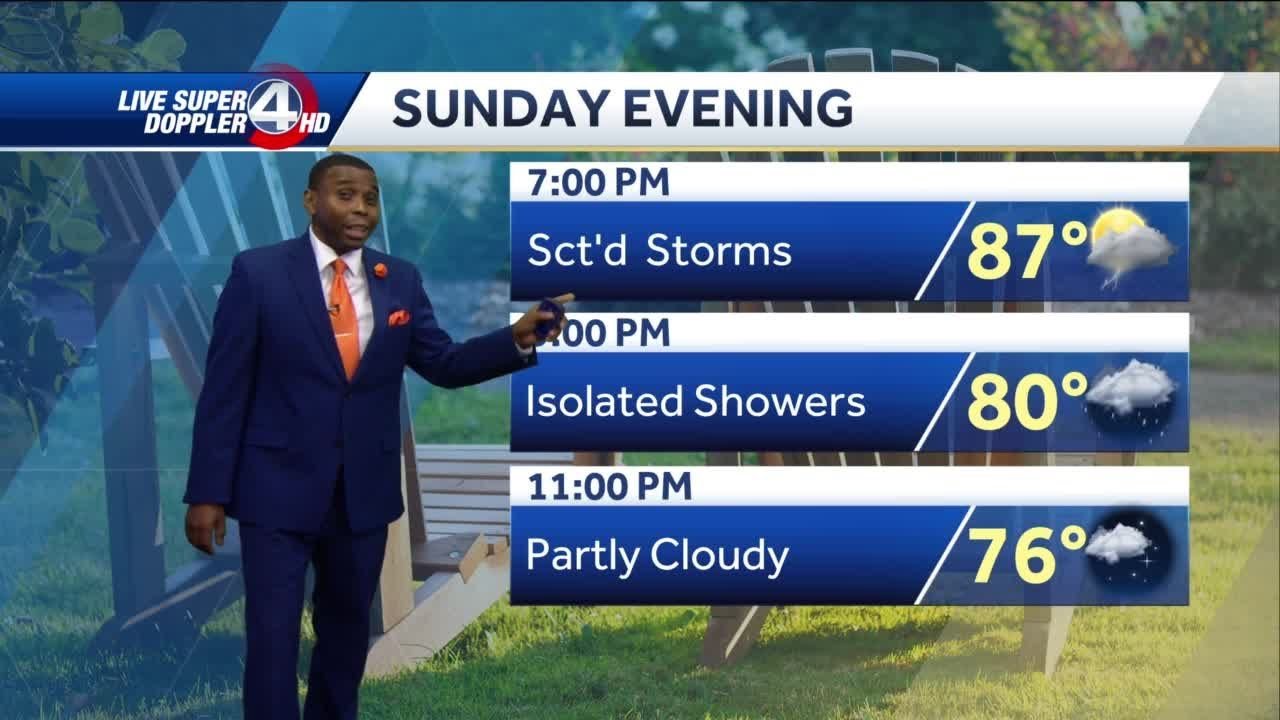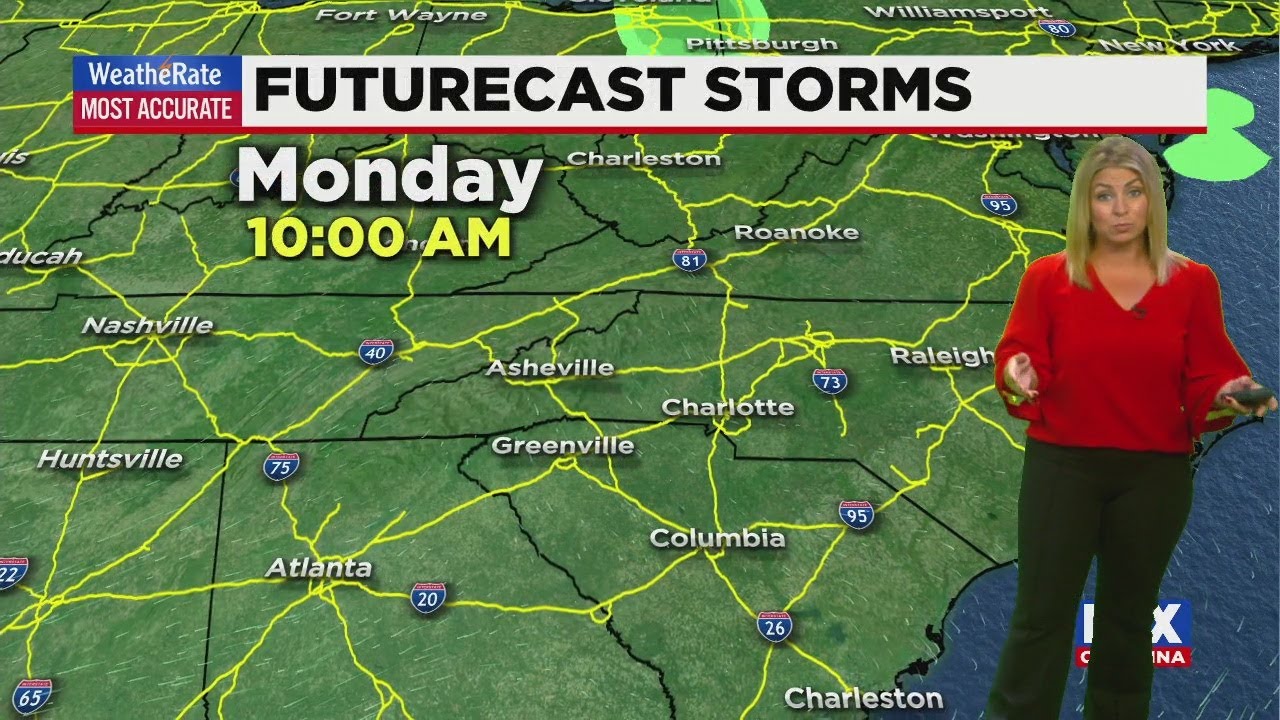Lisa Matthews voted for Barack Obama. But just the once. The daughter of an African American mother and Puerto Rican father, the 47-year-old grew up in one of the roughest neighbourhoods of Camden, New Jersey, a struggling former shipbuilding port on the Delaware river.
“Camden was predominantly black, poor, a lot of welfare recipients, single parents, and crime. Big drug trade. My father was in the military, but he left the family when I was five. My mom was a single mom at the age of 23. We lived on food stamps,” Matthews says. “I had two of my cousins killed there in the city, and my stepbrother was murdered as well. My uncle was killed by an unknown shooter in 1987. It was a tough place to grow up.”
Like her mother, Matthews became a single parent at 23 and worked several jobs to stay afloat. But her absent father’s time in the military had planted a seed. Her parents were posted around the US and to Britain, and her mother talked about other places with wonder. Matthews carried that with her. “My sister and I were very interested in the world, in other cultures,” she says. In her 20s, a friend encouraged her to move to Concord, North Carolina, where she got a job in a bank. Now she lives in a large house in a plush suburb where we chat over tea and Jammie Dodgers (she still loves all things British). She’s wearing her politics on her T-shirt: “President Trump 2020, Keep America Great”.
In 2008, Matthews voted for Obama, helping to swing the former slave state to America’s first black president. “I wasn’t a really liberal Democrat back then. Even Barack Obama wasn’t that liberal in 2008. I was just excited that he was black, to be honest,” she says. But by the time the next election came round, she questioned the point of an African American president.
“The black community rallied around him, but what message did he have for them? He could have said, this is how me and Michelle got out of the South Side of Chicago. We can help lift people up,” she says. “Instead he was telling people they’re oppressed: ‘Let me give you a handout.’”
Matthews came to think that summed up the Democrats. As she saw it, the party kept the poor dependent on welfare instead of providing paths out of poverty. She drifted toward the Republicans, although she wasn’t ready to support Mitt Romney against Obama in 2012; that year, she didn’t vote.
Four years later, Donald Trump made his attention-grabbing ride down the golden escalator of his New York tower to announce a run for president. By then Matthews had become a bank fraud investigator; she now owns her own home for the first time. She voted against Trump in the primaries, thinking he didn’t stand a chance. But when he won the Republican nomination, she embraced it.
“I thought he was just a great American, New Yorker businessman. He was the epitome of what America is like. Brash, throwing money around,” she says. “But I didn’t know what kind of president he would be. I was never against him, but I wasn’t as enthusiastic as I am now. Now I tell people I love Trump.”
***
If Trump pulls off the unexpected once again, his victory will be built on the foundation of the four in 10 voters who have consistently said they will stick with him, despite one of the most tempestuous presidencies of modern times. Voters who have excused him, explained him, even despaired of him at times, but never spurned him.
The most visible of those supporters can be found at Trump’s rallies, sporting Make America Great Again hats and cheering the president’s provocations; or forming armed vigilante groups, ostensibly to defend order and history. They push Trump’s myriad conspiracy theories, including about Covid-19, even after the president caught the virus. But most of those who remain loyal are not the ultras seen on television. Neither are they easily slotted into the demographics often assigned to Trump supporters – the embittered former factory workers turning their anger on minorities and voting against their own interests.
This autumn I drove for over a month across the US – from the south to Appalachian coal country in one of the poorest states, West Virginia; and from Detroit, Michigan, once the engine of America’s industrialisation, to the upper reaches of rural Minnesota on the border with Canada – the miles of Trump signs and flags are one demonstration of the enthusiasm some of his supporters retain. The voters were as varied as the landscape. The coalmine worker who was without a job for years. The former military officer whose father came to the US illegally. The estate agent and small city mayor angry about China. The former police officer despairing at Black Lives Matter. All told me why they are determinedly sticking with Trump.
***
Ronald Reagan, on his way to unseating President Jimmy Carter in 1980, famously asked American voters: “Are you better off than you were four years ago?” The division, uncertainty and fear of 2020 makes that seem an inadequate question ahead of this election. Bo Copley, however, doesn’t hesitate to say that he is. Copley lost his maintenance job on a West Virginia coalmine a year before the last election, and gained fleeting fame in 2016 after confronting Hillary Clinton on the campaign trail over her pledge to “put a lot of coalminers out of business”.
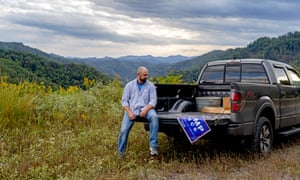
Copley, a father of three, politely told Clinton at a round-table event that people in Appalachian “coal country” did not see her as a friend. The Democratic candidate told him she had misspoken, but a few months later made an even bigger blunder in telling an LGBT For Hillary fundraiser in New York that half of Trump’s supporters were racist, sexist homophobes who belong in a “basket of deplorables”.
“The deplorables comment, that was huge. That working-class person that really got behind Trump, they took that to heart,” says Copley at a diner in Williamson, a small city on the border with Kentucky so blighted by the prescription opioid epidemic it is known for miles around as Pilliamson.
Trump, on the other hand, persuaded them he cared. West Virginia, once solidly Democrat, voted for him by a higher margin than any other state. Copley was out of work for three “very hard” years. His wife, Lauren, kept them afloat with money she made photographing family portraits. Then, two years into Trump’s term, Copley found a job on another mine – thanks, he believes, to Trump rolling back Obama-era environmental regulations and reviving the industry.
“When you see the coal trains and the trucks, and people going back to work who had been off for quite some time, you see people’s attitudes change. People have a glimmer of hope that they can do the things they used to do. Travel. Shop,” Copley says. “One of the reasons Donald Trump was so popular here was that he talked to people and he made people feel like, ‘I’m listening to you.’”
Trump’s record on reviving mines is patchy, and Copley knows that Williamson isn’t going back to the years when coal was king; when the city’s high street bustled with department stores and a Chevrolet dealership. Now it’s dotted with personal injury lawyers, touting for business with slogans such as, “Been in a wreck and need a check?” One of Williamson’s only two hotels was converted into a drug rehab centre.
But Copley’s eye was on something bigger than just local revival. His vote was underpinned by the sense that the president represents a more fundamental shift. Obama famously promised “change”; Copley says Trump delivered it. “A lot of people wanted someone different, and they got that,” he says. “Myself and a lot of people just wanted someone who said, ‘I’m gonna cut through all the garbage and try to make this place better.’”
***
Matthews and Copley come from very different places geographically, socially and politically. But what draws them together, along with other Trump supporters I speak to, is an unusual bond with a president they think is on their side. A man who sees and hears them in ways his predecessors did not. That bond has been tightened by their sense that a blow against him is a strike against them, in part because they feel judged for having voted for him in the first place.
Detroit, in the crucial swing state of Michigan, is a world away from rural Appalachia, but a military officer I speak to there shares much of Copley’s view of Trump. The son of what the president calls “an illegal” from Mexico, he was drawn to Trump in part by his anger that free trade agreements shipped his father’s car industry job out of the country. Softly spoken, courteous and unwaveringly proud to be a first-generation American, he has long voted Republican.
Initially, he had doubts about Trump. “When he came down the escalator to announce his presidency, we thought, good God. Is this really the best this party can produce? This is insane,” he says.
Talking outside a cafe in a Detroit suburb four years later, the officer, who asks me not to use his name, describes Trump as “energising and disappointing at the same time”. He’s disappointed that the president “doesn’t have a filter” and “can’t, won’t, exercise self-control. That’s one aspect I can’t defend him on. I can defend him on policy. I can defend him on truth and honesty and actually making our country better,” he says.
He acknowledges that voting for Trump requires compromises – in his case they are close to home, given that his father came from Mexico in the 1960s, looking for work and only became a US citizen years later. Now the fortysomething supports a president vilifying many of those who followed the same path as “illegals” and worse. “I believe the word illegal is correct. It is illegal,” he says. “I was telling my kids, ‘If my dad was here for 30 years and did nothing to legalise himself, then he’s got to go back.’”
He sidesteps whether his father should have crossed the border in the first place, although he says he is uncomfortable with Trump’s treatment of migrants, especially the separating of families. For all that, he is going to stick with the president for standing up for US interests, including efforts to end America’s “forever war” in Afghanistan, where he served, as well as confronting China over unfair trade practices. “We need to start turning the tables on China and bringing those jobs back. I think the foot-to-neck pressure he’s putting on China is making them aware that their free pass is pretty much over,” he says.
Having initially spoken on the record, he changes his mind when news breaks of the FBI breaking up a plot by a far-right group to kidnap the Democratic governor of Michigan. He feels the tenor of political conversation has become too fraught and fears for his safety.
***
Trump’s claim to have fought for American jobs, alongside a buoyant stock market, might have been enough to get the president re-elected a few months back. His approval ratings have never been strong, but he did best with voters on questions about the economy. All that changed with Covid-19, even before the president and several White House officials contracted it.
The pandemic has driven record unemployment. One in five of the US workforce is still on some form of benefit. The president’s rollercoaster daily briefings, in which he contradicted his own specialists, shook the confidence even of voters who had been prepared to forgive him other sins. Support for Trump’s handling of the pandemic plummeted as the death toll surged above 200,000 – the highest in the world.
But while coronavirus may cost Trump the election, his supporters deflect blame on to his medical advisers and state governors who ordered businesses to close and threw millions out of work. “Shutting our country completely down is not going to help. All you’re going to do is destroy our economy, which I think a lot of people want to see happen because that’s been one of Trump’s shining moments,” Copley says.
He is not alone in seeing plots against the president all around. Revelations that Trump failed to act on warnings about the dangers of coronavirus, or his years of paying almost no taxes, may outrage his critics, but are dismissed by much of his base as part of the establishment conspiracy to wreck his presidency. Even where Trump’s supporters acknowledge he is wrong, he is often excused. Only the most ardent apologists think his unfiltered takes on Twitter are a good idea. “Everybody knows he should stop,” Matthews says. “But he’s not going to. He’s the old man saying, ‘Get off my lawn.’ But I like the way he cares about America. That is endearing.” She scoffs at the “double standard” of Democrats once happy to be seen in Trump’s company when he was making political donations to the party and backing Hillary Clinton for president in 2008.
Copley is frustrated that Democrats won’t give Trump credit for actions they would normally agree with. Take the president’s attempts to negotiate with North Korea’s Kim Jong-un. “Yes, he did make fun of Kim, calling him Rocket Man, and I thought it was so stupid. But at least he was willing to say, ‘I’m going to meet with him.’ Look how historic it was, that we had a United States president visit North Korea. That’s huge,” he says.
Some of Trump’s supporters wish he had been as statesmanlike as protests swept the country following the police killing of George Floyd in Minneapolis in May. Andrea Zupancich was watching from the small city of Babbitt, 250 miles to the north, where she is an estate agent and part-time mayor. She twice backed Obama but in 2016 voted for Trump, helping to give the president a small victory over Clinton among white women voters. Any question that she would back the president again was settled when her daughter’s National Guard unit was deployed to police the Minneapolis protests. “When your child is in the military, you get used to the idea that they’re going to go save us from foreign entities and go fight for us. I had a hard time wrapping my head around the fact that she was going to protect Americans from Americans,” she says in the office of her estate agency, on the couple of run-down blocks that pass for a high street in Babbitt.
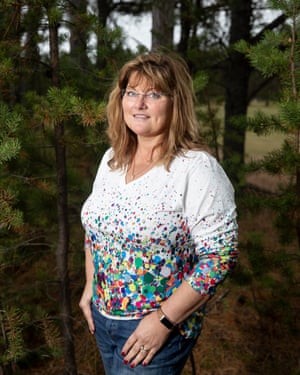
As Zupancich worried about her daughter’s safety, she was horrified to see the Democrats “siding with rioters” and accusing the president of fuelling the protests. “Minneapolis is a Democratic-run city and then they’re blaming the Republicans?” she says. “I have very good friends who are Democrats but old Democrats, and I believe exactly what they believe. But their party doesn’t go that way any more. The Democratic party has gone so far radical, like defunding the police.”
Zupancich was first drawn to Trump because he promised to curb China’s steel dumping, which battered a local economy built on demand for iron ore. China took from Babbitt in other ways, too. “We had a pool table [manufacturing] company and they were doing great. Then somehow China was able to replicate their pool tables and sell them for less than it costs to even make it here, so the company went out of business,” Zupancich says. “Trump has definitely helped. Our economy has boomed over the last couple of years. I met with Trump at a roundtable. He actually listens, and wants to hear what’s going on.”
In August, Zupancich joined five other northern Minnesota mayors in signing a letter calling Biden “out of touch” with working people and praising Trump for standing up to China, cutting taxes and “fighting for the working class”. Larry Cuffe, a former police officer who also voted for Obama and then switched to Trump because he thought Clinton had “ethical issues”, signed the letter as the mayor of Virginia, Minnesota. “You’ll see hundreds of signs in the yard saying, ‘We support police and our first responders’ because that’s the kind of place we are. Joe Biden supports defunding the police. I don’t appreciate that,” he says.
The video of a police officer kneeling on Floyd’s neck as the life drained out of him shocked even those Americans who previously excused police behaviour. Opinion polls showed two-thirds of voters supported Black Lives Matter in the early weeks, but that fell sharply as demonstrations spread across the country and Trump attacked the movement. “Trump’s right when he says this is a Marxist organisation,” Matthews says. “The leaders have said some outrageous things, like burn down the system.”
At my suggestion that there is a need to address racial injustice, and that the president is failing to do that, Matthews leaps in. “I wouldn’t agree. I don’t see an example of it,” she says. “Is anybody here stopping me from doing anything I want to do? We’re the only black people in this neighbourhood. Is anybody stopping me from living in this house? No. Is America in general a racist country? If they point to the police, every single person that was involved in whatever happened, they were resisting arrest.”
Matthews doesn’t deny there is a historical legacy of racism, but she does not see structural and systematic discrimination herself. “We don’t have generational wealth, that’s true. So we started behind. But that doesn’t mean that in 2020 we can’t get there. There’s just a curve we have to get past,” she says.
Trump, Matthews says, has done more to help black voters do that than any Democrat. “The Democrats don’t even tell people you can do it. Trump believes in helping people get out, get on.”
***
Vernon Robinson is a former US air force pilot living an hour’s drive north of Matthews in Winston-Salem, a traditionally southern city built on the tobacco and textile industries, where about one-third of the population is African American. We plan to meet outside a cafe, but when it is closed because of coronavirus, resort to keeping our distance in a hotel lobby.
Robinson says Trump is the first Republican president in decades to pay attention to African Americans like him. He thinks the party could pick up large numbers of those black voters who are religious, socially conservative and who want better-trained police, not fewer of them, if it only tried. “The idea that lunatic leftists are defunding cops – black folks are going to take the biggest hit. When you remove the police, then the bad guys go crazy. They are scaring the soccer moms, and it is the soccer moms who are going to decide this election,” he says.
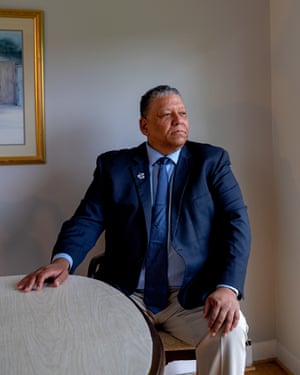
The 65-year-old believes the Republican leadership gave up on black voters in the 1960s, then alienated them by wooing southern white voters opposed to the civil rights movement. Trump, he says, is different. Robinson ticks off the ways, including – before coronavirus – reducing black unemployment to the lowest in history; reform of a criminal justice system that disproportionately jails African American men; and cutting poverty among black people to a record low. Much of this was the result of policies or trends already under way when Trump came to office.
Then there is abortion. Robinson paints the legalisation of terminations as a massacre of “black babies”. It’s an issue close to the hearts of many Trump voters: it drives the fight over who sits on the supreme court and is central to how evangelical Christians square their religious beliefs with backing a man who boasts of sexually assaulting women and adultery.
“Some people question my Christianity because I support Donald Trump,” Copley says. “You’ve got to say he’s not a Christian man, not a godly man. But he’s done things for religious freedom, he’s done things with conservative supreme court justices. Regardless of whether his heart is with the Lord or not, those are things we’re grateful for.”
Trump’s appointment of two, soon to be three, supreme court justices and hundreds of conservative federal judges will shape America for decades. More immediately, another conservative on the supreme court may be decisive in deciding if he remains in office. His escalating attempts to discredit any outcome that does not keep him in the White House is gaining ground. Matthews gives credence to Trump’s persistent allegation that postal voting will be rigged. “He’s gonna win and I think they’re gonna try to steal it,” she says. (At the time of writing, the polls say otherwise – even if they were horribly wrong at predicting that the vagaries of the US’s electoral college would rob Clinton of her popular vote victory in 2016.)
Even if Biden wins, more than 40% of voters – in the region of 60 million people – will back Trump. They will do so for myriad reasons, but what many share is an even stronger determination than four years ago to support their man. For every criticism of Trump, there is a counter. If he implicitly endorses the white nationalist Proud Boys, what about the Democrats’ support for Black Lives Matter? If he calls military men suckers, what about Biden’s failure to support the police? And where they do see a problem, they chalk it up to his inexperience, as a politician who came from outside the system.
Even as Trump’s presidency appears to be foundering, only the confidence of the Mexican American military officer in Detroit is shaken among those I spoke to. At the end of our conversation he wonders if, after all, it’s time for a change. “The point was he was someone different. Someone who, in my opinion, started speaking some truths that needed to be spoken,” he says. “President Trump’s done great, but I think we may have had enough.”
But that’s a rare flicker of doubt among the true believers. Matthews refuses even to entertain the idea that a majority of voters does not share her love of Trump. “Look at the last four years. Why would we want anyone else?”


